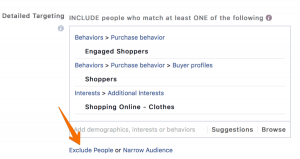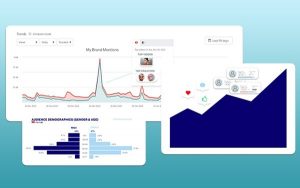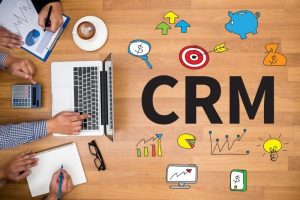Google: Long-Term Impact, Consequences Of Antitrust Trial

Strategies and market dynamics in the online advertising industry are about to take unexpected turns as the federal government readies its next trial against Google.
The trial — scheduled for September 9 — will determine whether the search giant and innovative technology company remains one or will be broken into three divisions.
Visionaries willing to go out on a limb to share their thoughts are far and few between, but I found one around 2014 after sitting down with Udayan Bose — who founded NetElixir in 2004 — outside a coffee shop in Huntington Beach, California. We spoke about Google and, more broadly, search advertising and marketing.
Following the verdict of Google’s most recent antitrust trial, this week Bose outlined a few thoughts with Performance Marketing Insider on the near- and long-term potential impact the search giant may encounter. What follows are glimpses into changes that advertisers and marketers might expect.
Near-term — about one to three years — the ruling will put a burden on compliance costs, Bose said. Google may incur significant expenses to modify its business practices to comply with new regulations and court orders, he said. And the ruling will likely lead to greater scrutiny of Google’s practices worldwide.
Google likely will need to renegotiate its exclusive agreements with device manufacturers and browser developers that could lead to less favorable terms and increased competition, he added.
“I believe the reversal of 3P cookie deprecation last week may have had a connection with today’s ruling,” Bose said. “Google also might be required to provide greater transparency in its advertising practices and algorithms, affecting its competitive edge.”
Bose also believes the reversal of a cookieless future will offer some financial buffer, and that the Google cost per click (CPC) inflation pace is likely to accelerate.
The three- to-10-year impact on advertisers and marketers will likely focus on market structure and the rise of alternative platforms, and technological advancements, Bose said.
1) Diversification of search engines: The market may see diversification with more specialized search engines and increased use of vertical-specific providers, reducing Google’s market share. The rise of chatbots/search agents/walled garden engines like TikTok is expected. AI-powered search is likely to experience a massive spike in the coming months.
2) Rise of alternative platforms: Users might increasingly turn to alternative platforms, such as voice assistants and AI-driven personal assistants, for search queries. Search embedded within channels will continue to increase.
3) Technological advancements: AI and machine learning where advances in AI and machine learning could lead to the development of more sophisticated and competitive search algorithms by rivals. The rise of search agents is highly likely.
4) Privacy-focused technologies: Growing user concerns about privacy may drive the adoption of privacy-centric search engines, challenging Google’s data-driven advertising model.
5) Regulatory landscape: Stricter antitrust regulations based on ongoing legal battles may lead to stricter antitrust regulations globally, impacting Google’s ability to engage in exclusive deals and mergers. Also, companies like Meta, Amazon and Apple are likely to come under the scanner.
Global compliance standards may require Google to adapt to varying global compliance standards, increasing operational complexity.
Google may have to rethink its operational model, in terms of how it deals with advertisers and agencies. Unfortunately, Google’s reputation has declined since it launched Performance Max and Google Analytics 4, as evidenced by user feedback on platforms such as Reddit.
6) Business strategy shifts and strategic acquisitions: Google may need to accelerate efforts to diversify revenue streams beyond search advertising, such as cloud computing, hardware, and other services. This is likely why they hired Thomas Kurian last year as the CEO of Google Cloud. Enterprise Cloud is likely to get much more focus from Google and may emerge as their surprise future success.
Strategic acquisitions — which would improve capabilities in emerging technologies and help the company to maintain its competitive edge — will likely become more of a focus, but without a clear strategic plan, it will be risky to venture into acquisitions quickly.
(6)
Report Post






